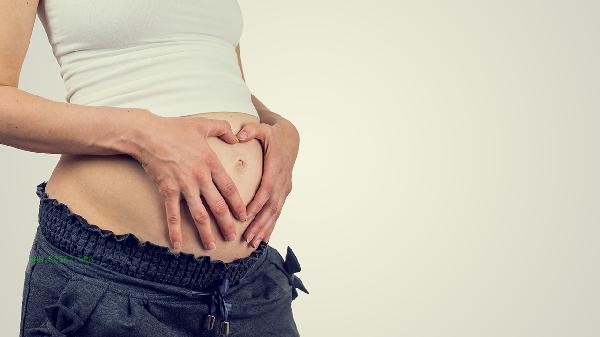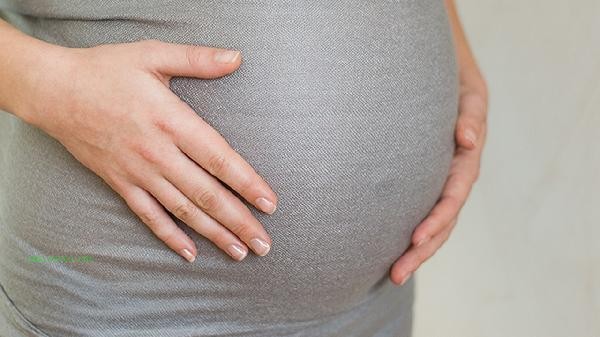The beating felt by touching the belly with hands during pregnancy is usually the pulsation of the pregnant woman's own abdominal aorta, rather than the fetal heartbeat. Fetal heartbeat needs to be detected through professional fetal monitoring or Doppler ultrasound, and cannot be perceived through touch during early pregnancy. Abdominal aortic pulsation may become more pronounced in the middle and late stages of pregnancy due to increased blood flow, which is a normal physiological phenomenon. After pregnancy, the gradual enlargement of the uterus may compress the abdominal aorta, leading to the perception of vascular pulsations transmitted to the abdominal wall. When pregnant women lie flat, the abdominal muscles relax and blood vessel pulsation is more noticeable, especially in thin or weak pregnant women with thinner abdominal walls. This kind of beating is usually regular and uniform in intensity, consistent with the pregnant woman's own pulse frequency, and will not affect the fetus. If jumping is accompanied by abdominal pain, dizziness, or abnormal fetal movement, one should be alert to gestational hypertension or placental abnormalities. In rare cases, vascular lesions such as abdominal aortic aneurysm may also cause abnormal pulsation, but they are often accompanied by other symptoms such as persistent abdominal pain and blood pressure fluctuations. When the sensitivity of blood vessels increases during pregnancy, intestinal peristalsis may also be mistaken for pulsatility.

It is recommended that pregnant women avoid prolonged supine positions to reduce vascular compression and undergo regular prenatal check ups to monitor fetal heart rate. Daily blood circulation can be improved by lying on the left side, paying attention to whether the beating frequency is synchronized with one's own pulse. If there is severe jumping, irregular rhythm, or accompanying discomfort symptoms, medical attention should be sought in a timely manner to rule out pathological factors. Normal physiological pulsations do not require special treatment, moderate activity and a balanced diet are sufficient.







Comments (0)
Leave a Comment
No comments yet
Be the first to share your thoughts!